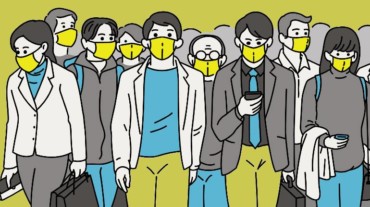
There is so much happening on the covid-19 front that it is hard to keep track of what’s worth your attention and what’s not. With the number of cases rising in India, and cities like Mumbai and Delhi unwilling to give up their post of epicentres, being up to speed with covid-19 updates can go a long way in helping you stay safe.
Here are five covid-19 updates from the past week that you must be aware of:
1. Research suggests your blood group shall decide your risk of getting covid-19
A brand new study conducted by a US-based biotechnology company, 23andMe, claims that people with O-type blood group are less likely to get infected with the covid-19.
The American study involving 7.5 lakh covid-19 patients tested their blood samples and genetic design by dividing them into three groups. Involving patients who self-reported, hospitalised, or got infected through exposure, it was found that O blood types were around 9-18% less likely to test positive for covid-19.
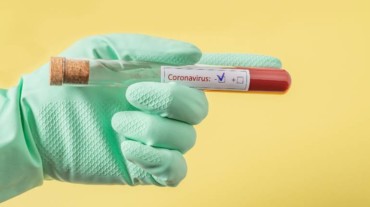
While it did find that O blood group health workers who were directly exposed were 13-26% less likely to test positive, the study also indicated the high risk of individuals with AB blood group, followed by B and A. Similarly a Chinese and Italian-Spanish study found A blood type to be most vulnerable to covid-19.
While this evidence seems compelling, the impact of blood group on covid-19 risk can’t yet be concluded.
2. A study claims that covid-19 can impact our entire nervous system
The emergence of neurological symptoms such as headache, dizziness, decreased alertness, and disorders of smell and taste in covid-19 cases made researchers dive deeper into how this infection impacts the nervous system.
A study published in Annals of Neurology suggests that coronavirus infection can impact the entire nervous system, including the brain, spinal cord, nerves, and muscles.
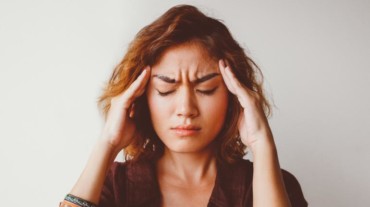
While the lack of oxygen increases the risk an individual of getting a stroke due to clotting, the inflammation caused due to the immune system’s response to the virus can damage the brain and nerves, the researchers stated. The infection can also directly impact our brain’s meninges, connective tissue membranes that line our nervous system.
The study lead author Igor Koralnik said: “It’s important for the general public and physicians to be aware of this, because a SARS-CoV-2 infection may present itself with neurologic symptoms before any fever, cough or respiratory problems occur.”
Select Topics of your interest and let us customize your feed.
PERSONALISE NOW3. Turns out, masks are more effective in covid-19 prevention than social distancing
Interestingly, a study by the American National Academy of Sciences claims that wearing a mask is more important than social distancing. Analysing the impact of wearing masks in New York City and northern Italy, it was found that that the number of cases decreased drastically when residents wore face masks diligently.
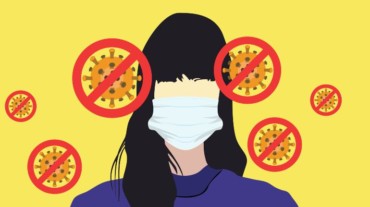
The researchers stated: “This protective measure alone significantly reduced the number of infections, that is, by over 78,000 in Italy from April 6 to May 9 and over 66,000 in New York City from April 17 to May 9.”
The study found that the simple act of covering our face can “block atomization and inhalation of virus-bearing aerosols accounts”, therefore helping countries to curb further coronavirus spread.
Also, Read: Turns out, home-made masks for covid-19 prevention are much safer according to scientists
4. A ray of hope: More than 50% people tested in Italy have covid-19 antibodies
While Italy’s convoys of army trucks carrying away the dead became a chilling symbol of the pandemic, Italy’s Beragamo province has finally stumbled upon a ray of hope. A survey done by a Beragamo health agency on 9,965 residents indicated antibodies in the blood, showing that the residents had come in contact with coronavirus and were now healed.

Although the results were based on a “random” sample which was “sufficiently broad”, antibodies were even found in just over 30% of the 10,404 health operators-individuals with comparatively higher risk of getting infected.
While the broad nature of study can put into question its reliability, the health agency did state that most of those in the sample were from residents of the worst-hit areas in the province. This study incited Italy to carry out a nationwide antibody test by Red Cross on behalf of Italy’s Ministry of Health.
Also, Read: Is herd immunity the covid-19 solution India needs?
5. We’re closer to the covid-19 vaccine now than ever before
The American Morderna vaccine which had successfully completed its first phase of tests and has now succeeded in its second round of testing. With a greenlight on its midstage testing in healthy volunteers, Morderna is set to begin its final-stage trials enrolling 30,000 people in July.
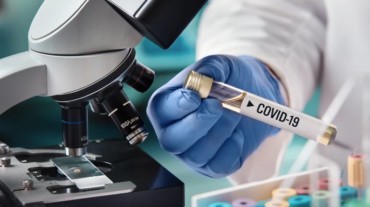
While the research stated that the vaccine induces antibody responses to block the virus from infecting cells, it still leaves us all confused. Researcher at the Vaccine Research Center Dr Barney Graham stated, “Subprotective doses did not prime mice for enhanced immunopathology following exposure.”
This puts into question the well-being of the vaccinated person who is later exposed to the pathogen, especially those who do not produce an adequately strong immune response.
The mid-stage success of covid-19 vaccine does give us some assurance yet it shall leave us all with many unanswered questions.
Also, Read: Here’s why epidemiologists believe even a vaccine won’t eradicate covid-19
(With inputs from agencies)